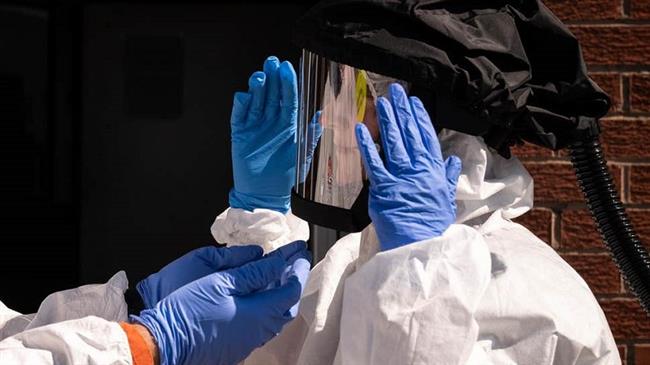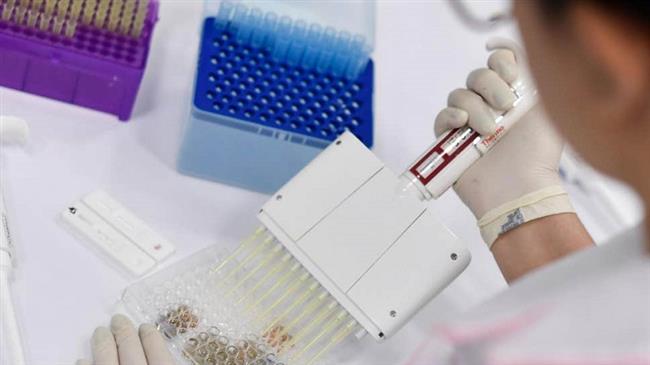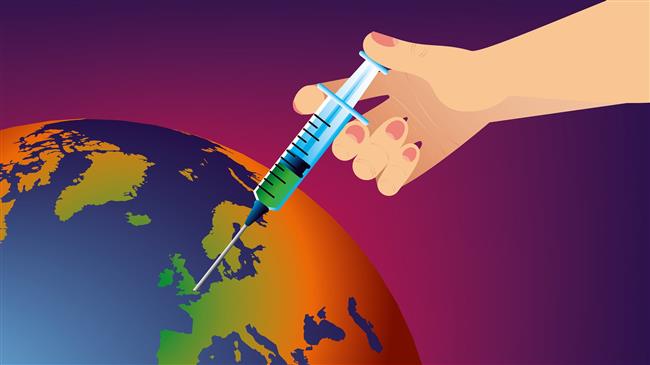‘So far so good,’ says Sir John Bell, regius professor of medicine at Oxford University
A member of the government’s coronavirus taskforce says the Results from the UK’s first human trial of a vaccine could be available by the middle of June.
According to Professor Sir John Bell, regius professor of medicine at Oxford University, researchers were waiting to see whether the volunteers catch the disease
Since testing began three weeks ago several hundred have been injected with a total of 1,100 participants expected to take part in the trial
Half the participants receive a potential vaccine while the other half, the control group, are to receive a commonly available meningitis vaccine.
Professor Bell said the Oxford University project, which is being lead by professor of vaccinology Sarah Gilbert, is currently going well and according to plan.
“We’re now starting to wait for an advocacy signal to see whether people who’ve been vaccinated, don’t get the disease so that’s the next step,” he told BBC Radio 4’s Today programme.
He did, however, stipulate that there may not be sufficient active disease in the community for the participants to catch it naturally
“We’re doing those calculations because we have quite good data now on how much disease there is around,” he added.
He went on to explain that the researchers had rejected the idea of intentionally exposing people to the virus since the risk of death would be too high if the vaccine did not work.
The team, which has formed a partnership with AstraZeneca, expects to produce one million doses of the vaccine by September and to scale up manufacturing once it is approved by regulators.
Prof Bell said: “We also want to make sure that the rest of the world will be ready to make this vaccine at scale so that it gets to populations in developing countries, for example, where the need is very great.
“We really need a partner to do that and that partner has a big job in the UK because our manufacturing capacity in the UK for vaccines isn’t where it needs to be, and so we are going to work together with AstraZeneca to improve that considerably.”
Iran: Israeli violations main obstacle to peace, security in Syria
Indian author pulls out of Berlinale over jury’s ‘unconscionable’ refusal to comment on Gaza
Bangladesh Nationalist Party secures victory in general election
VIDEO | British High Court rules against ban on Palestine Action Group
Tehran urges ‘serious’ revision in EU ‘unconstructive’ approaches
Hamas slams Israeli settlers’ ‘criminal aggression’ in West Bank
VIDEO | Press TV's news headlines
VIDEO | Iran launches 'Holy Qur'an Does Not Burn' campaign to restore mosques damaged in unrest














 This makes it easy to access the Press TV website
This makes it easy to access the Press TV website